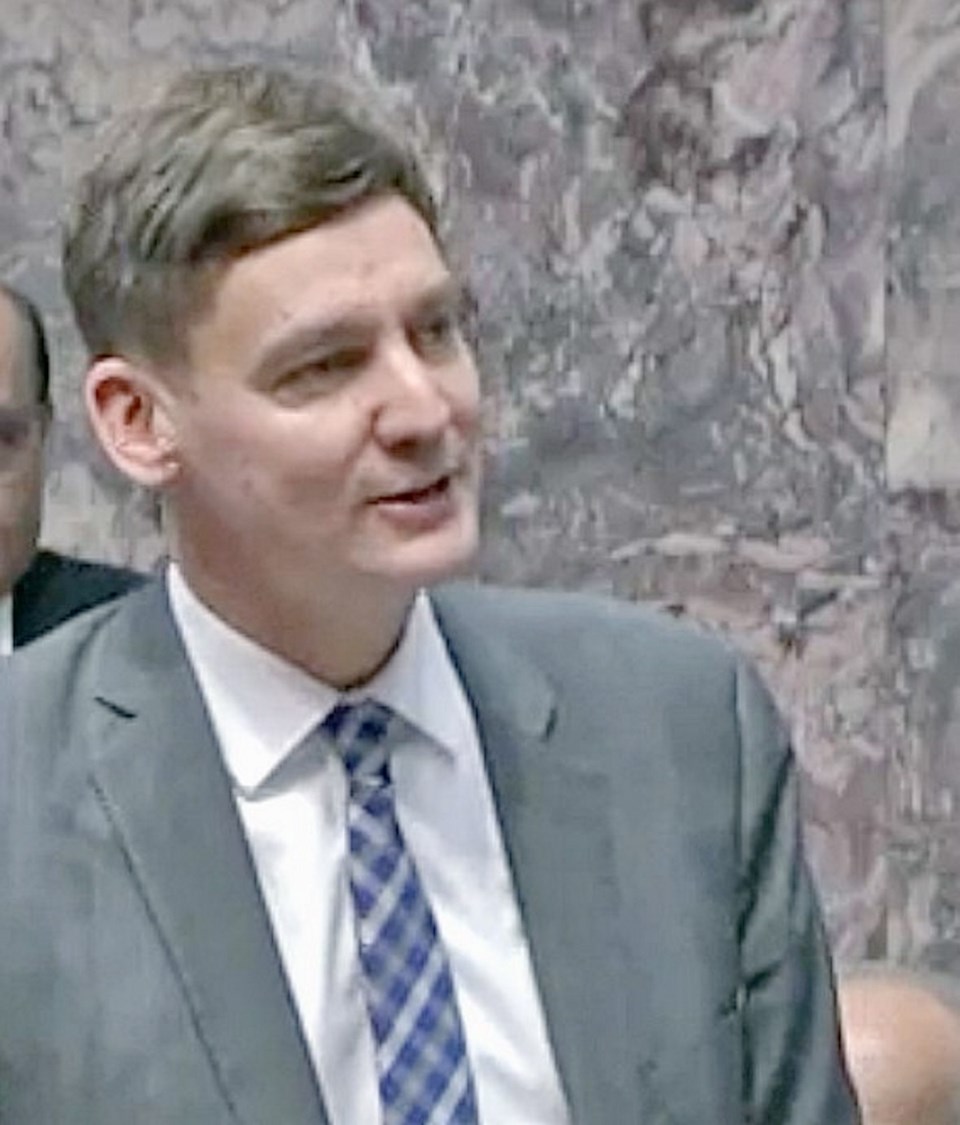Attorney General David Eby isn’t going to appeal the court loss he sustained in an argument with representative for children and youth Jennifer Charlesworth.
Instead, he says he has set up a new protocol with the independent representative to avoid similar disputes, under which the two will sit down and discuss differences before they wind up in court.
In an interview Thursday, Eby said that the representative’s successful petition to the B.C. Supreme Court for the right to get information from his ministry arose from a “disconnect” between the two offices.
“She felt she had to go to court and I felt things were moving through the system.”
The new protocol will be a “circuit breaker,” he said, which will prevent a repeat of what happened, “which is the public having the impression we were fighting when from my perspective we weren’t. We were working it through.”
The court came down decisively in Charlesworth’s favour last month, after she asked if she was entitled to inquire into the adequacy of legal representation for children in care who experience crisis while they are involved in family court matters.
The argument arose after she was refused access to records from an old family advocate program. Later, Charlesworth submitted a lengthy letter explaining the special report to the legislature she was planning.
Eby said the scope of the request changed.
“That’s totally appropriate for the representative to evolve in her thinking … and it makes sense to me. The problem … is that evolution and discussion didn’t take place in a way that could have avoided court.”
The ministry refused her the information because the requests didn’t relate to her legislated authority, said Eby.
“If it’s outside of her legal authority, on what basis could government give those potentially private and sensitive records to the representative?”
He said the ministry took the position that her authority needed to be changed by law before it could supply the information she wanted.
On that note, Eby wrote an unusual letter to the chair of the legislature committee on children and youth last May, as the argument was turning into a legal dispute, asking whether Charlesworth should have a mandate in the family law area.
He released the letter Thursday. It described the argument and insisted: “The representative does not have any function respecting family law proceedings.”
His letter invoked the name of the architect of B.C.’s child-protection oversight systems — Ted Hughes — saying: “The Hughes report did not recommend … a mandate to review and report on family law proceedings.”
Eby asked the committee for “clarification” of whether the representative’s reach extends to private family law matters.
The committee didn’t act on the letter.
Charlesworth said she is pleased there won’t be an appeal and happy with the new protocol.
“I don’t believe this needed to go to court. But having said that, we tried many different ways to avoid court. I’m not quick on the trigger on these kinds of things.”
Her special report on children’s legal representation may be delivered to the legislature late next spring.
It won’t involve specific family law matters and she has no interest in delving into those, she said.
It will centre on what legal representation children who endure serious crises had while they were caught up in family law disputes that can last for years. She said she learned recently of a case that has lasted 11 years.
It’s still hard to understand how Eby could think the dispute was “working through the system.”
His ministry’s own petition — where they challenged the representative’s right to ask for such information — said the two sides had several meetings and exchanged many emails and were still “not able to settle their differences.”
Whatever his perceptions, the public had the impression they were fighting — because they were fighting.
And the new protocol amounts basically to his door always being open to the representative, which you’d think would have been a given.
There’s also some curiosity about the unusual letter he sent to the children and youth committee. He may have been seeking clarification. But he may also have been trying to close the door on Charlesworth through alternate means.



